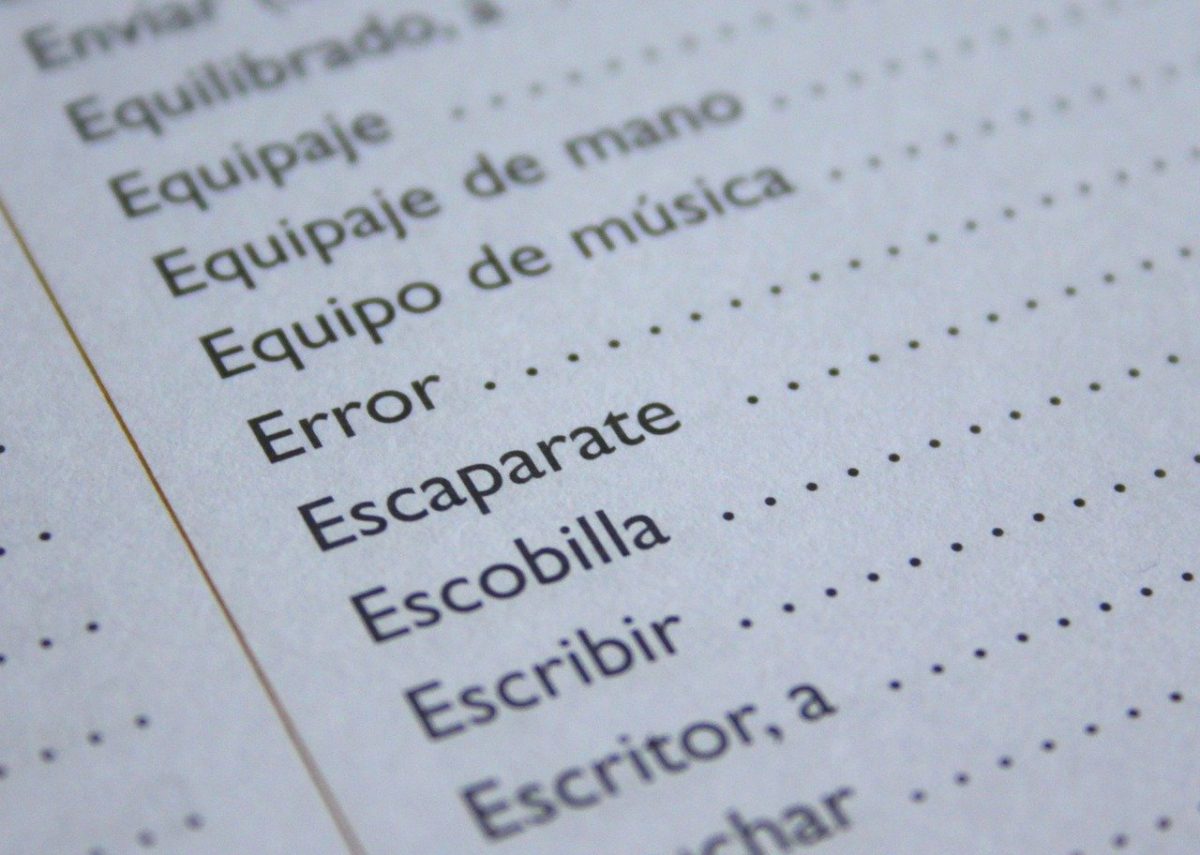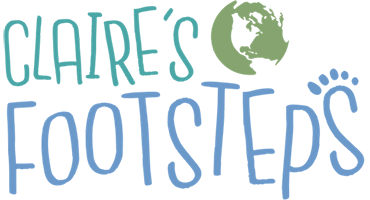Have you ever been in a situation on holiday where you could not make yourself understood or to work out what another person was saying to you?
Language is a wonderful thing, but only, of course, if both of you share the same one. While we are all spending time at home we have an ideal opportunity to practice. It will make all the difference to your next holiday abroad and will give you a sense of achievement beyond it.
If you don’t feel confident about this, don’t worry. There are many learning aids nowadays, and you don’t even need to leave the house to learn a language!

Learning a language online
Learning a language online is ideal in so many ways; largely because you can do it from anywhere.
Adults tend to feel self-conscious about using the correct pronunciation in front of their peers, so they may stick to a heavy British accent that is incomprehensible to a non-Brit. Without an audience, you will feel less inhibited and be less likely to develop bad habits.
Online learning and other audio-visual aids mean that you can imitate a native speaker without embarrassment and can act out everyday situations as often as you like. Of course, you need a certain amount of self-discipline without a tutor.
The Best Language Learning Apps
Apps such as Babbel are ideal for flexible learning, and there are courses for beginners and intermediates. But does Babbel work since it’s an app you may ask? Research has shown apps to be efficient learning tools, using everyday situations to boost confidence and conversational skills while helping you pick up vocabulary and get to grips with grammar. An electronic dictionary will be invaluable when you travel (or even while you’re learning at home) and help your memory retain words.
On a day-to-day basis, you can set yourself a target, and aim to learn up to a hundred new words or phrases at a pace that suits you – this is supposed to be fun, after all! Choose vocabulary that’s appropriate to your needs.
Thinking in your chosen language will take some time to come naturally, but it certainly helps. You can even talk to yourself if no one else is within earshot! Of course, the best way is to try out your new skills on another learner. If this is difficult at the moment, start a conversation group online.

Familiarise yourself with the language
A relaxing way to familiarise yourself with the sound of a language is to watch a foreign-made film. You’ll be surprised at how much you get out of it, with the help of subtitles, and it will really help your language development!
Accuracy, although desirable in the long run, should not be your primary goal.
Think about your encounters with non-English speakers – unless they’re fairly fluent, they don’t always use the right tense or may omit words, but you’re usually able to talk to each other. So, you can see that the main thing is to be understood when you’re abroad – this will help you to have a reasonable conversation.
The other person will appreciate your efforts and be relieved that you both have a common language. The more you speak, the more confidence you’ll gain, and then fluency and grammar will follow eventually.
We’ll be able to travel again soon!
With the success of the Covid-19 vaccination programme here in the UK, we can hope for the return of a world that’s open to visitors soon.
So, when you’re browsing those long-desired online holiday options, take a few minutes to search for language courses and apps. You’ll get so much more from your trip if you can converse with the locals without any added stress!

